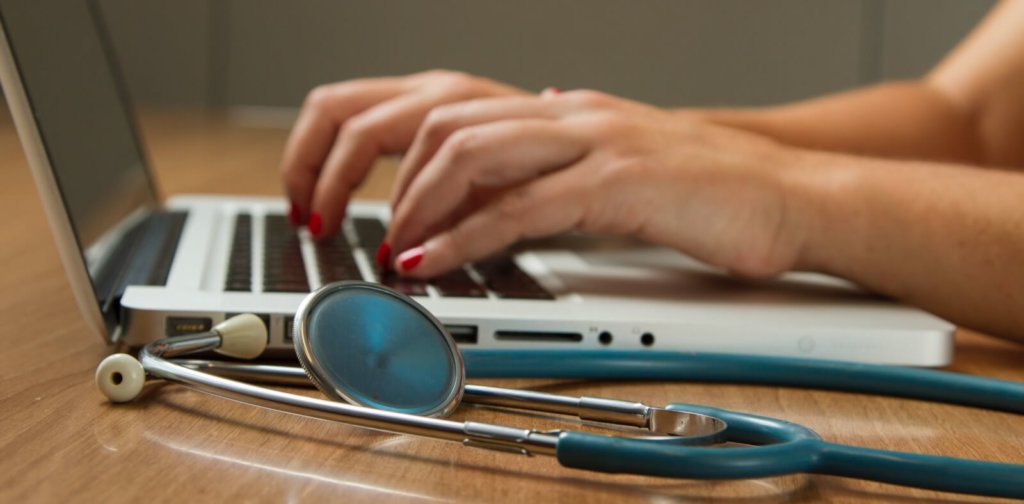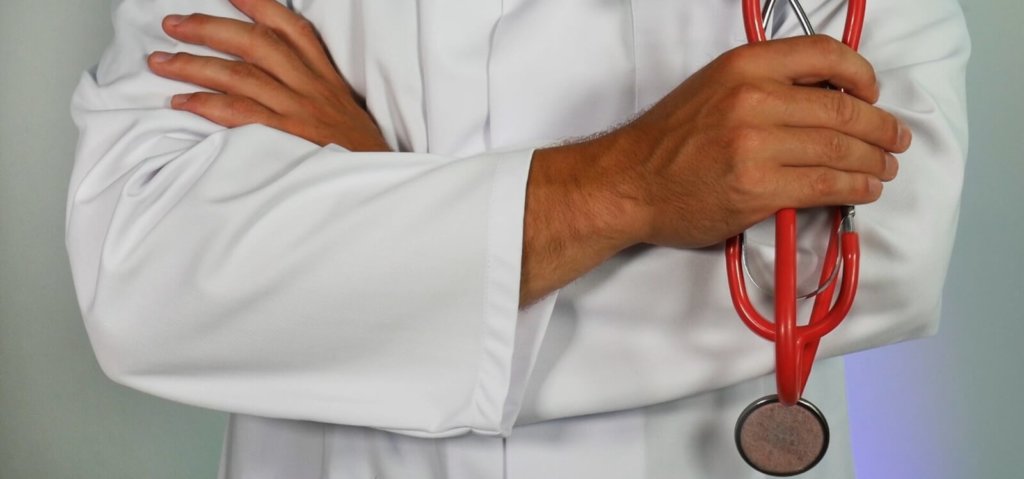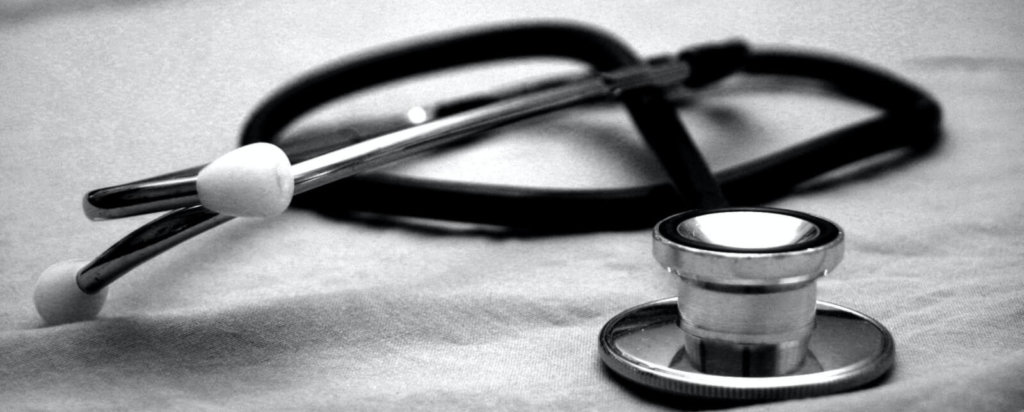 Digital health innovations such as mHealth or remote patient monitoring promise a bright future for healthcare delivery. However, at scale, patients, clinicians and healthcare organizations alike are running into headwinds due to insurance reimbursement challenges.
Digital health innovations such as mHealth or remote patient monitoring promise a bright future for healthcare delivery. However, at scale, patients, clinicians and healthcare organizations alike are running into headwinds due to insurance reimbursement challenges.
As a mobile applications development organization firmly committed to supporting mHealth app development, we’ve seen a substantial increase in the conversations regarding how the landscape of digital health innovations is changing. For instance, some of our major healthcare hubs such as Chicago are buzzing about regulatory concerns regarding bringing new mHealth solutions to the market.
Fortunately, remote therapeutics monitoring, or RTM for short, may be just what the industry needs when it comes to finding an answer to this tricky dilemma. Let’s take a closer look at how RTM provides an answer.
What is Remote Therapeutics Monitoring from a Perspective of Care?
 From a perspective of care, Remote therapeutics monitoring is a digital health initiative where medical technology is used to monitor health conditions including, but not limited to, the cardiatric system, the musculoskeletal system, respiratory system, therapy adherence, therapy response, and other biological systems in patients. Different from other parallel digital health terms such as remote patient monitoring, RTM supports a variety of remote monitoring services.
From a perspective of care, Remote therapeutics monitoring is a digital health initiative where medical technology is used to monitor health conditions including, but not limited to, the cardiatric system, the musculoskeletal system, respiratory system, therapy adherence, therapy response, and other biological systems in patients. Different from other parallel digital health terms such as remote patient monitoring, RTM supports a variety of remote monitoring services.
In fact, RTM can account for remote medical services including physical therapy, clinical psychology, speech-language pathology and occupational therapy. But RTM provides value not only regarding care, but also on the insurance reimbursement front. With the rise in remote-based medical services, those close to the telehealth and mHealth industry believe this branch of services will account for a majority of the insurance billings under the new RTM codes.
Let’s take a look at RTM from a regulatory / insurance reimbursement perspective.
What is Remote Therapeutics Monitoring from a Regulatory Perspective?
 Issued on July 13, 2020, the Centers for Medicare and Medicaid Services (CMS) released an update to the Medicare Physician Fee Schedule proposal (the “Proposed MPFS/Rule”) that aims to formalize Remote Therapeutics Monitoring (RTM).
Issued on July 13, 2020, the Centers for Medicare and Medicaid Services (CMS) released an update to the Medicare Physician Fee Schedule proposal (the “Proposed MPFS/Rule”) that aims to formalize Remote Therapeutics Monitoring (RTM).
Until now, RTM has largely acted as an addition to the more well-established Remote Physiological Monitoring (RPM) system from the regulatory framework perspective. Now, with the addition of five CPT codes – a uniform coding practice for medical services and procedures to streamline reporting, and insurance claims -, RTM will stand on its own as a formal medical service.
Why use Remote Therapeutics Monitoring?
 For organizations looking to deliver digital healthcare services, now is the time to take action. From an insurance perspective, RTM extends coverage of services. This simple fact provides an incredible value to organizations in how they’ll be able to sell their offering.
For organizations looking to deliver digital healthcare services, now is the time to take action. From an insurance perspective, RTM extends coverage of services. This simple fact provides an incredible value to organizations in how they’ll be able to sell their offering.
With RTM, organizations that design mHealth solutions internally will have a higher likelihood that their solution falls under what’s covered by insurance.
Organizations that sell into hospitals, for instance, will have an easier time getting the green light, since their clients will know this proposed solution will have an easier time being covered by insurance. See the pattern here?
RTM Limits Healthcare Costs.
As a digital health vertical that encompasses more than its counterpart, remote patient monitoring RTM extends to non-physiologic therapeutic data as a source of insight into patients’ adherence to therapy. This is categorically different in that RTM data is self-reported by patients or collected by a peripheral medical device. This is a big step in how devices and self-reporting patient data are viewed by insurance providers.
For example, per the American Medical Association in 2021, RTM services are now covered as of Jan 2022. Now, device usage, time spent on the device, and data gathered by these devices via patient care are all reimbursable.
RTM Continues Proactive Monitoring After a Patient Has Left the Hospital
When a patient leaves the hospital, care shifts to their hands. Often, for patients who are unwilling or unable, continued care can fall by the waist side. For instance, patients often miss medication and this can significantly contribute to an increased risk of serious health complications or even death.
mHealth and devices, therapeutics and procedures that fall under RTM look to curb these unfortunate events. With RTM services, patients can continually be monitored after they leave the hospital, greatly improving the health and longevity outcomes of patients.
Moving Forward
 As a premier mobile app development house, Dogtown Media has launched over 200 apps, and counting. Our team is experienced in creating solutions for a wide range of platforms, including iOS, Android, HTML5 Web Apps and more. Headquartered in Venice Beach, California with a presence in San Francisco, New York City, and London. Since 2011, our team of hardened techies We offer specialized packages to satisfy a range of needs and budgets, from rapid prototyping for startups to full-featured interfaces for international enterprises.
As a premier mobile app development house, Dogtown Media has launched over 200 apps, and counting. Our team is experienced in creating solutions for a wide range of platforms, including iOS, Android, HTML5 Web Apps and more. Headquartered in Venice Beach, California with a presence in San Francisco, New York City, and London. Since 2011, our team of hardened techies We offer specialized packages to satisfy a range of needs and budgets, from rapid prototyping for startups to full-featured interfaces for international enterprises.
If you’re interested in learning how Dogtown Media can help bring your remote therapeutics monitoring solution to the market contact us. We’d love to help!





